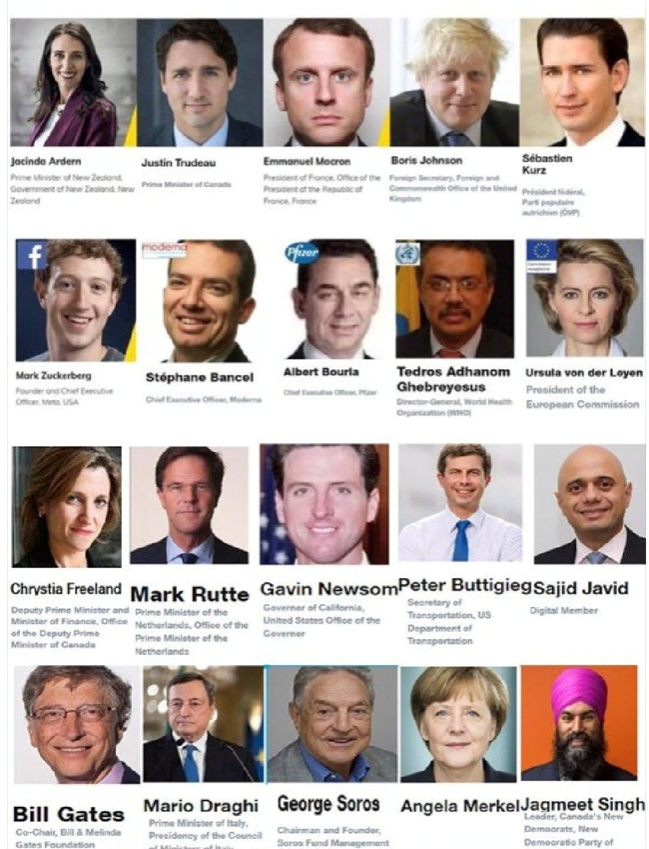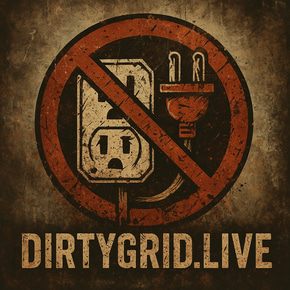Global Blueprint for Control
The World Economic Forum (WEF) is a Swiss-based international organization founded in 1971 by Klaus Schwab. It is best known for its annual meeting in Davos, Switzerland, which convenes global leaders from business, politics, academia, and civil society to discuss pressing global issues.
THE PROBLEM
5/25/20253 min read


🧊 The World Economic Forum: What Canadians Need to Know About the Global Blueprint for Control
The World Economic Forum (WEF) is not just a think tank or a place where the rich and powerful go to ski and chat. It’s a central node in a network of global elites who increasingly shape world policy behind closed doors, far removed from democratic accountability. Founded in 1971 by Klaus Schwab, the WEF claims to "improve the state of the world," but the real question is—for whom?
🌐 What Is the WEF Really About?
Headquartered in Cologny, Switzerland, the WEF organizes the annual Davos meeting, where billionaires, politicians, bankers, tech giants, and royalty gather under the banner of “solving global problems.” While dressed in altruism, many of their goals revolve around centralizing influence, redefining capitalism, and managing humanity from the top down.
The WEF’s flagship concept is called stakeholder capitalism. On the surface, it sounds noble: businesses should serve not just shareholders (investors), but also “stakeholders”—employees, communities, the environment. But in practice, it’s a top-heavy model where unelected corporate and political elites get to decide what’s in everyone's “best interest.” It’s capitalism without competition and democracy without choice.
🧠 What Is Global Discourse—and Who Gets to Control It?
The WEF claims to “shape global, regional and industry agendas.” That’s not rhetoric—they actively set the tone for world discourse. Whether it's climate change, digital identity, pandemic response, or economic restructuring, the narratives we hear from governments and mainstream media often echo Davos talking points.
This global discourse means nations like Canada no longer act independently, but rather as participants in a scripted narrative drafted by international forums like the WEF. It undermines sovereignty, subverts local needs, and alienates citizens from decisions made in their own name.
📉 The Great Reset: Utopia for Elites, Not Citizens
In 2020, the WEF launched The Great Reset—a sweeping call to "build back better" after COVID-19. But this was no recovery plan. It was a global overhaul of economies, politics, and social contracts. Klaus Schwab stated: “You will own nothing, and you will be happy.”
This isn’t just a slogan—it’s a vision of the future where:
Private ownership gives way to subscription-based lifestyles.
Currencies become digitally controlled by central banks.
Social behavior is increasingly tracked and nudged through “climate scores” and digital IDs.
National borders become irrelevant in favor of "global citizenship."
For Canada, this should raise red flags. The idea of centralized global governance disguised as humanitarian progress is incompatible with Canadian independence, civil liberties, and free-market principles.
📘 Klaus Schwab’s Philosophy: The Technocratic Dream
Klaus Schwab’s books—including “COVID-19: The Great Reset” and the heavily criticized “How We'll Own Nothing and Be Happy About It” (a paraphrased summary of his future vision)—outline a technocratic future where everything from energy to food, work, and money is managed "efficiently" by algorithms, corporations, and international agencies.
He advocates for a world where:
Surveillance is normalized to keep us “safe.”
Human augmentation becomes desirable.
AI and automation replace labor, and a universal basic income pacifies the jobless.
Freedom of movement and expression are balanced against “safety” and “climate obligations.”
Does that sound like democracy? Or does it sound like soft authoritarianism, enforced through screens and buzzwords?
🇨🇦 What This Means for Canada
Canada is not immune to the WEF's influence. In fact, many of our politicians, including Deputy PM Chrystia Freeland, sit on WEF boards. Prime Minister Justin Trudeau has publicly praised The Great Reset, and several of Canada’s pandemic policies mirrored WEF recommendations.
Canadians should ask:
Why are unelected globalists influencing Canadian policy?
Why are terms like “Build Back Better” repeated across government communications?
Why is national policy increasingly aligned with foreign economic doctrines instead of local voices?
🔚 Final Thoughts: Sovereignty or Subjugation?
The World Economic Forum paints a future of harmony, sustainability, and equity—but the fine print reveals something else: centralized control, limited ownership, and managed freedom. For a country like Canada, built on rugged independence, resource wealth, and democratic traditions, this shift should not be embraced without scrutiny.
Understanding what the WEF stands for isn't a conspiracy theory—it’s a civic duty. Because those who set the global agenda rarely ask for permission. They simply assume consent through silence.
If you're not okay with owning nothing—and being told you should be happy about it—it might be time to pay attention.


